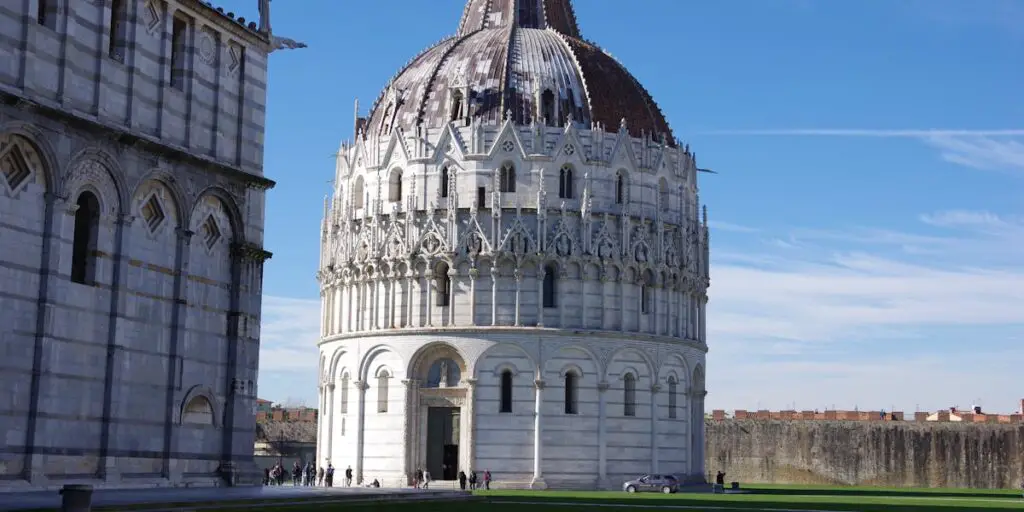Write short notes on the following topics in about 100 words each: (a) Translation and New Political World Order (b) Cultural Identity
(a) Translation and New Political World Order Translation plays a crucial role in shaping the new political world order by enabling communication between nations, organizations, and people from diverse linguistic backgrounds. In global diplomacy, legal treaties, political debates, and international media, translation ensures transparency and cooperation. As international politics become more interconnected, translators help in […]

